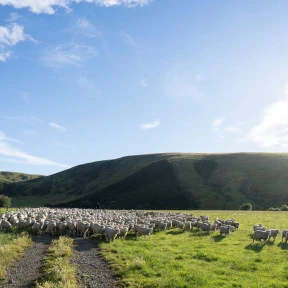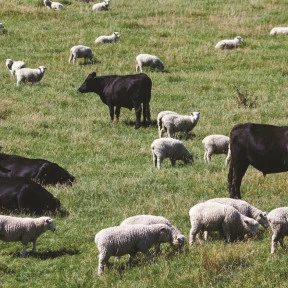What is NZBIDA?
NZBIDA is an AgResearch integrated research programme established in 2018 that focuses on the entire value chain.
By harnessing the power of digital technology, our vision is to create a future where food systems are based on diversified, sustainable, resilient and economically prosperous land-uses.
This future will harness the power of digital technologies to effect change across the entire agricultural value chain. It will also feature a fundamental shift from linear volume-based production to formulate novel value propositions which reward and include different environmental, social and cultural principles.
It’s a big, laudable, ambitious vision. But the world has been afforded an opportunity – a digital technology revolution – that can become a key agent for change, catalysing transformation and creating the transdisciplinary approach required to reach this common goal.
Our future digital bioeconomy will be powered by making sense and order of data. Our job is to provide tools, advice and frameworks to influence, facilitate and enable informed value chain decision-making with the ultimate goal of future-proofing the business of farming.
Our farming legacy is rich in innovation; resourcefulness and Kiwi ingenuity are baked into our farming DNA. NZBIDA will fuse this with science and digital know-how to ensure New Zealand farming is at the vanguard of future digital innovation.
We want to demonstrate that digital technologies - co-designed with stakeholders - enable us to implement practices across the value chain based on strong sustainability, resilience and well-being that were not conceivable or achievable before.



